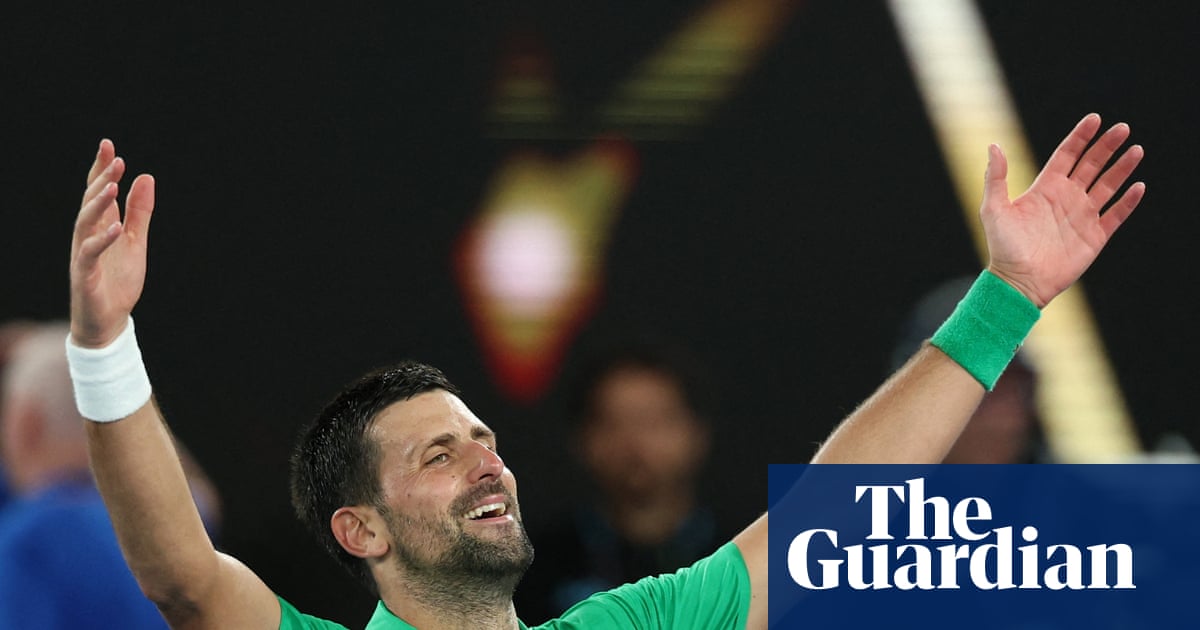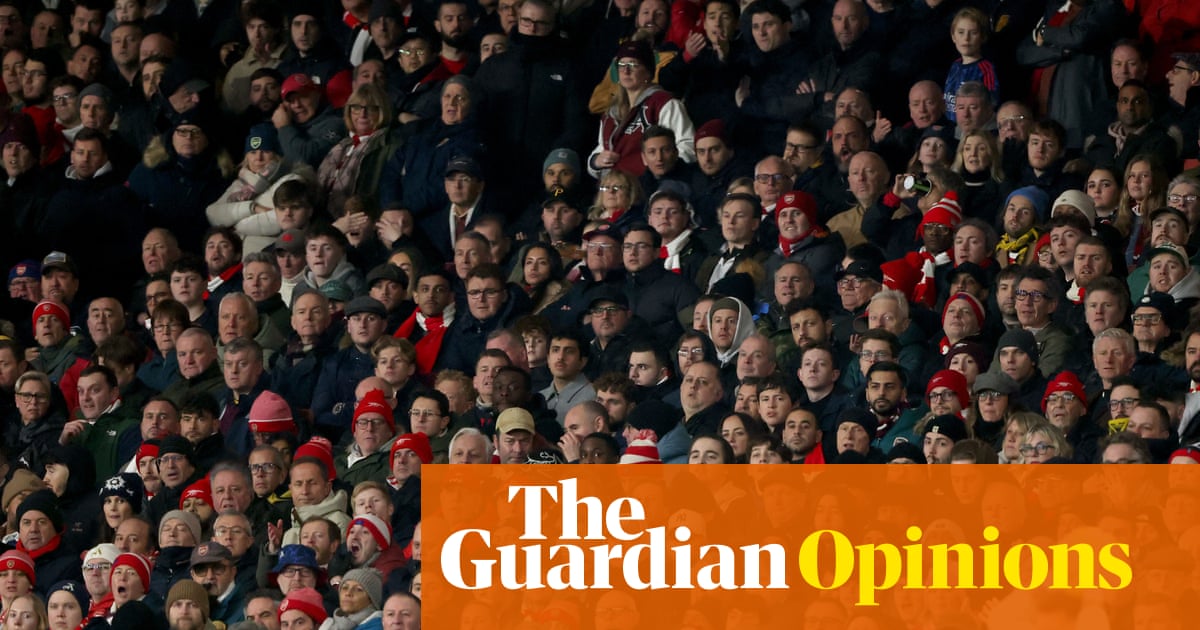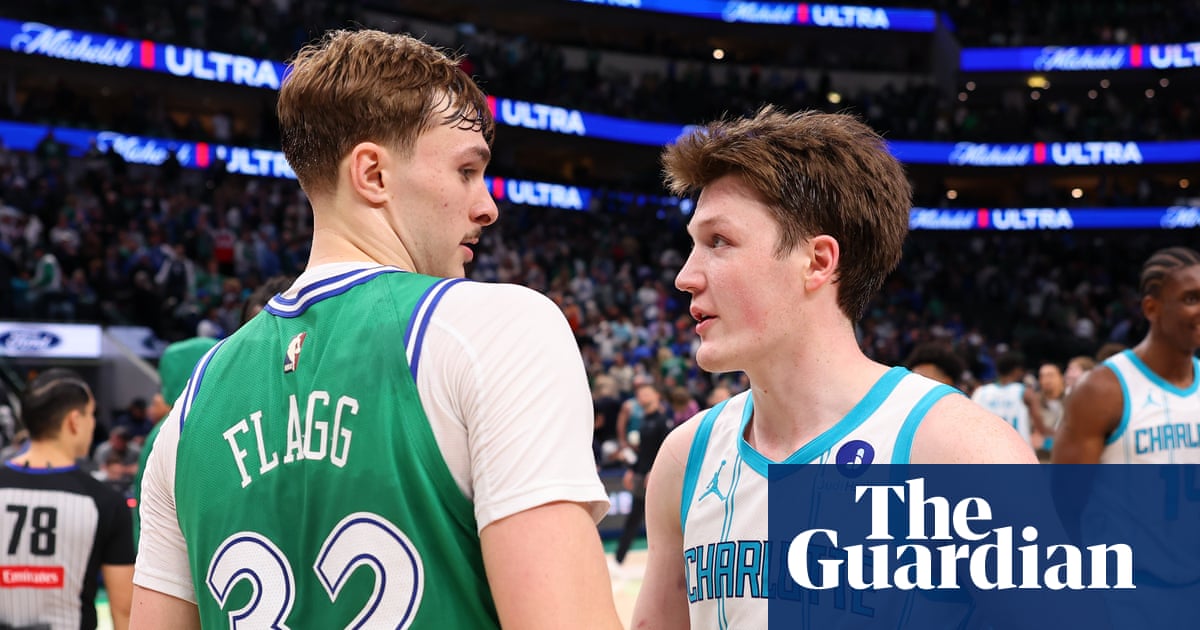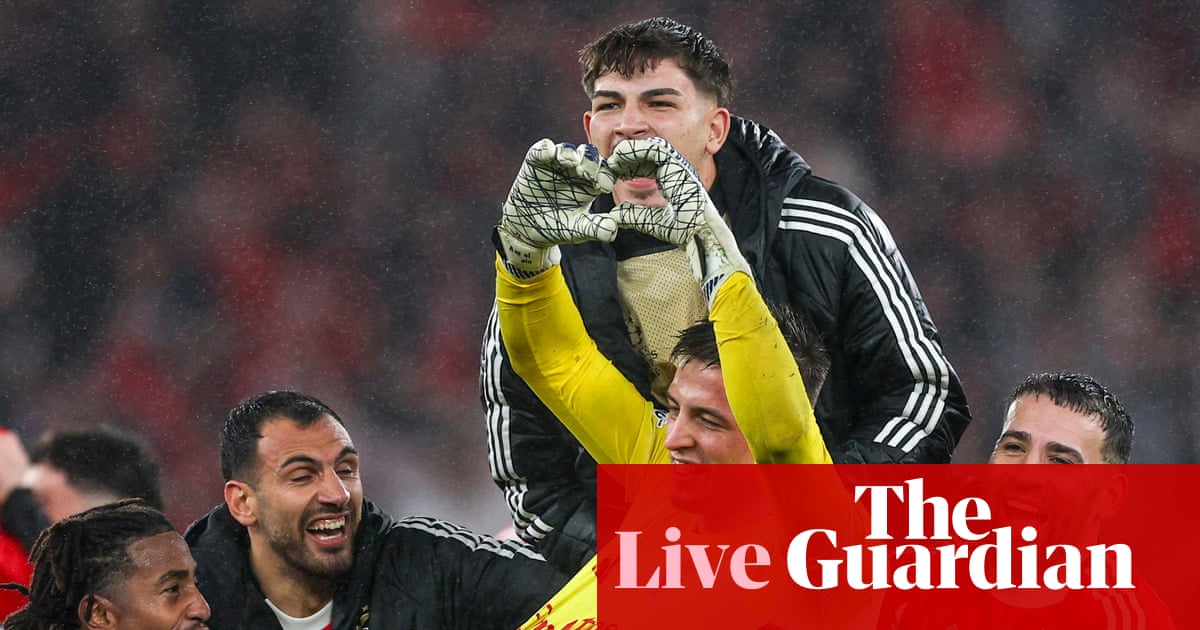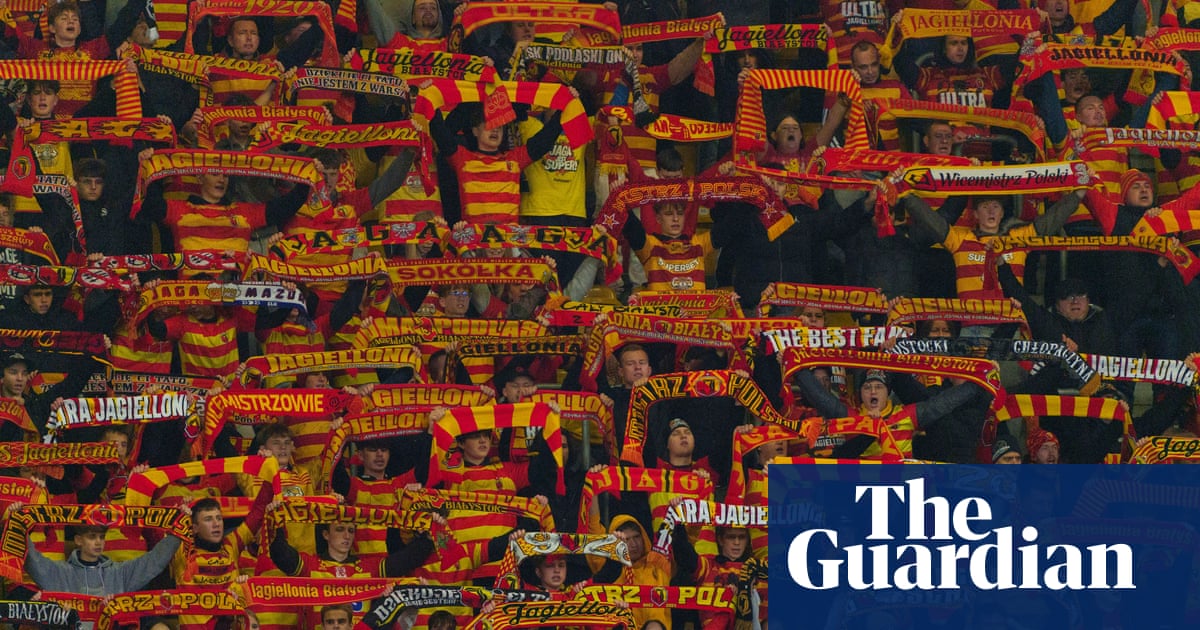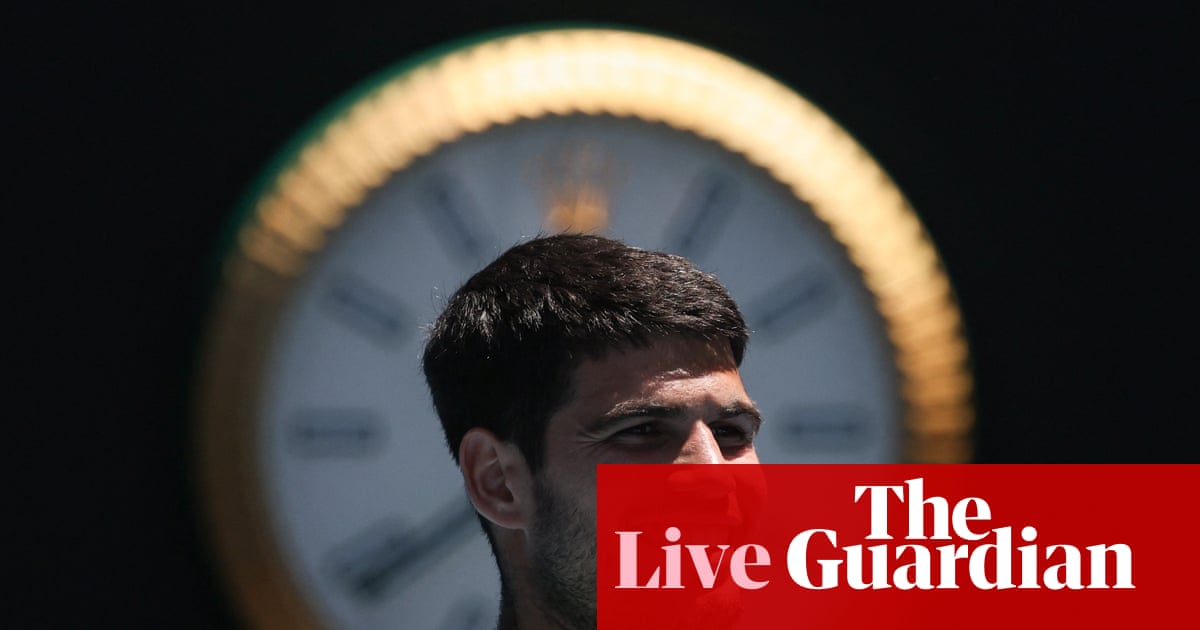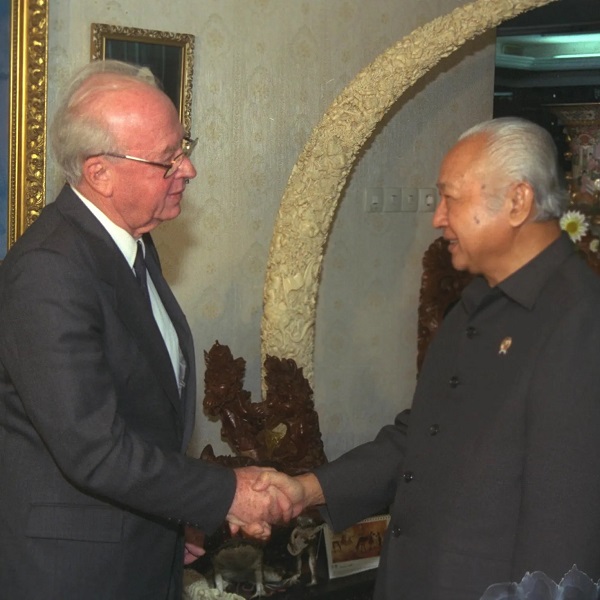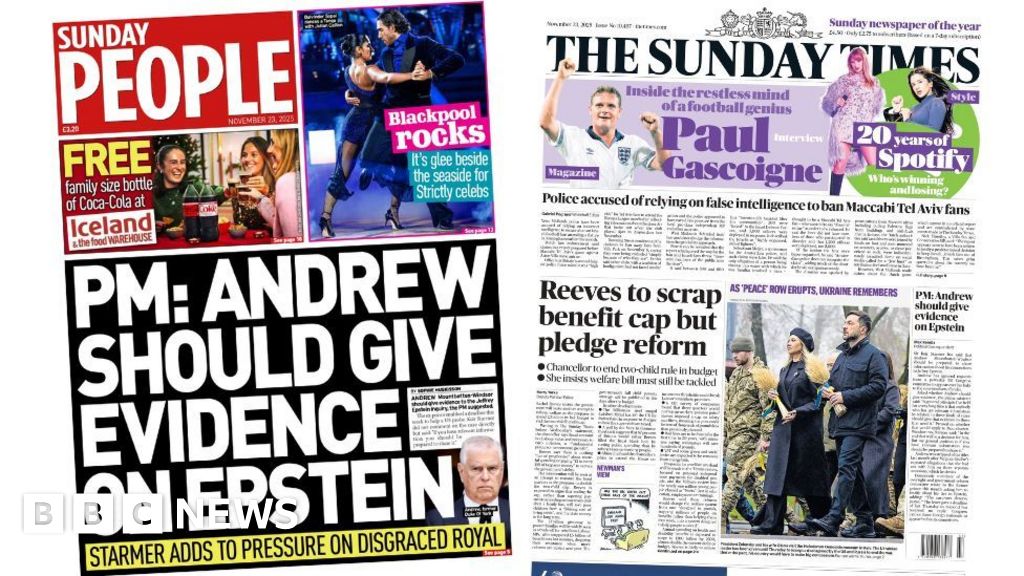Champagne corks were flying last Thursday after Uefa secured average annual increases of more than 20% in the value of its Champions League rights across its five biggest European markets, largely by luring the American entertainment company Paramount into the auction for the first time.
Paramount secured the UK rights by outbidding Uefa’s incumbent partner, TNT Sports, triumphed in Germany and forced Sky Italia to up its offer in Italy.
Rising revenue for the 2027-31 seasons and a major new entrant to an otherwise stagnant rights market provide cause for Uefa celebration but of equal significance in the longer term is the product that failed to sell. Uefa had hoped to sell one package of first-pick games to a global streaming company, yet that did not materialise.
Instead, Amazon Prime retained its first-pick packages in the UK, Germany and Italy – via separate auctions – and Canal+ and Movistar got all the matches in France and Spain respectively. “The global deal is the dog that didn’t bark,” François Godard, a senior media analyst for Enders Analysis, says. “The big tech firms clearly weren’t that interested. Sport is not going global.”
Sources involved in the process say the global tender launched in October attracted significant interest from Netflix, Apple TV and Dazn, but that the traditional model of selling rights to individual markets proved more lucrative.
The combined value of the UK deal (which includes Sky Sports’ return to European football by buying every Europa League and Conference League game) increased from £1.2bn to £2.2bn, albeit over four years rather than three. Germany’s rights rose by 40% a year, Italy’s by 30% (both fuelled by Paramount’s emergence) and Spain’s by 14%, with only France of Europe’s big five TV markets failing to increase. Canal+ retained the rights on similar terms, although given the collapse in the value of Ligue 1 rights that was not a terrible result for Uefa.
Godard says it points to other rights holders continuing with a market-by-market sales approach. Recent trends are mixed, with Fifa selling global rights to Dazn for the Club World Cup this year but Apple TV and Major League Soccer agreeing this month to terminate their 10-year global deal three years early.
The Premier League’s plan to open an in-house media company next season has led to speculation it could launch a PremFlix channel for its next rights cycle beginning in 2029. The main lesson of the Uefa auction, however, appears to be that demand for global or even pan-European deals has been overstated.

“I don’t know if Uefa received any global bids, but if they did there was clearly more value in selling market by market,” Godard says. “It’s pure mathematics. The indications are that we will continue with the current model for some time, selling rights market by market, and cycle by cycle. The Uefa rights cycles aren’t even aligned, with Europe starting new contracts in 2027 and the US locked in until 2030.”
Had one streaming partner bought all the first-pick rights it would have had to show the same match across its markets. Amazon, having won three auctions, has the option to select different games for the UK, Germany and Italy.
after newsletter promotion
“The global pack was also full of constraints, which will have affected its value,” Godard says. “In the UK, for example, there would have been many weeks when you couldn’t watch an English team – why would fans pay for that? There’s also little evidence of fans wanting to watch teams from outside their own countries, until the quarter-finals at least.
“The simultaneous European auction increased values. After Paramount won in the UK, other broadcasters appear to have raised their bids in the other four markets, which all went to a second round.”
In the UK the biggest winners, beyond Paramount, appear to have been Sky Sports: its key domestic rival, TNT, was significantly weakened and Sky picked up 342 European matches relatively cheaply. The Europa League increasingly features big English clubs with a good chance of reaching the latter stages. Manchester United and Tottenham contested last year’s final, when Chelsea won the Conference League. It also helps that Celtic and Rangers regularly feature.
Sky will also benefit from Paramount’s emergence, Godard says, because it will be forced to make the Champions League available on the Sky platform. Paramount+ is available free to Sky Cinema subscribers, and further bundling appears inevitable.
“Paramount is already a slave to Sky,” Godard says. “Without bundling there will be an even greater loss of viewers to piracy. TNT had the Champions League for 12 years [initially as BT Sport] and were just about breaking even, so it’s very tough for new entrants to the market. And the more fragmentation the better for Sky, as the other channels need to be on their platform.”
.png)
 2 months ago
29
2 months ago
29
